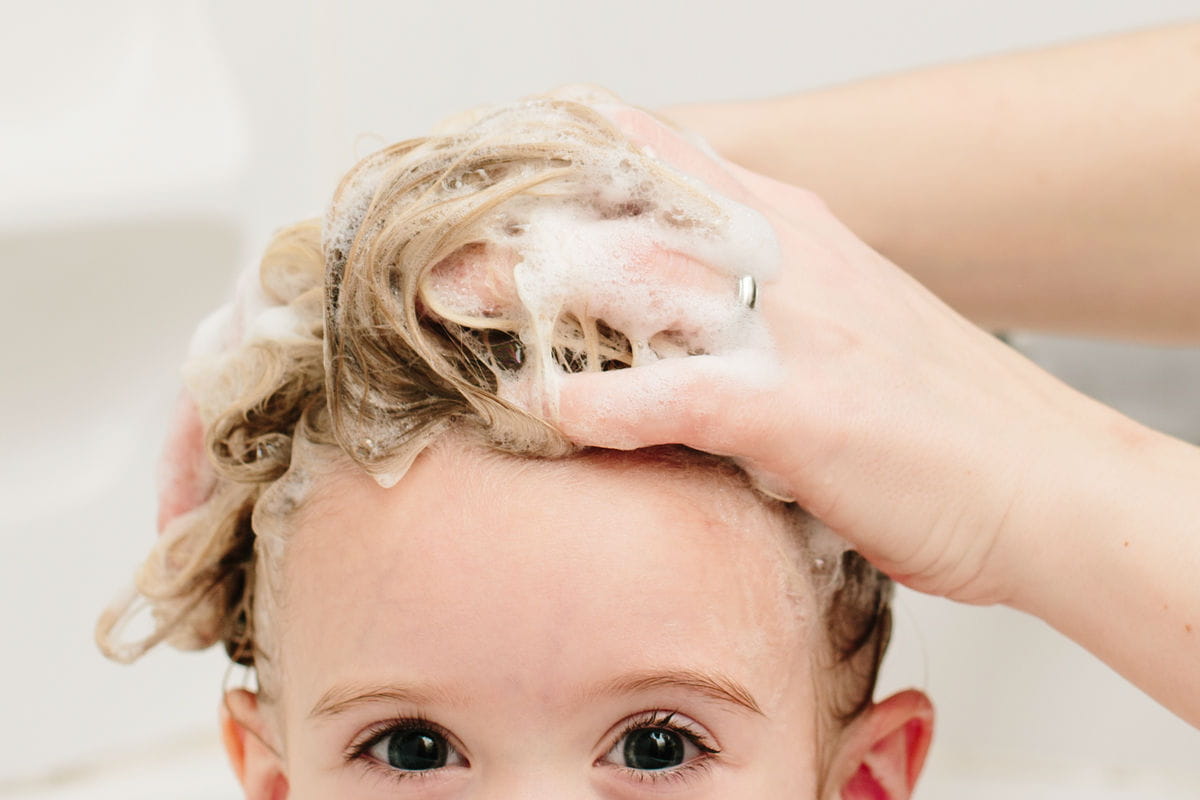Soft and Sweet: Winter Skin-Survival Guide for Kids

We’ve all felt the effects of winter air on our hands and faces, but children’s sensitive skin is even more prone to cold-weather irritation.
Chapped lips, wind burn, itchy skin: It’s enough to want to stay inside ‘til spring! Don’t let the cold keep your family away from the joy of sleds and snowmen.
We’ve gathered tips you need to keep your child’s skin healthy in the cold.
- Start with an ounce of prevention:
- Rule #1: Keep them well hydrated! Healthy skin starts on the inside.
- Make sure kids have a scarf or hat with a mask that covers lips, especially on cold, windy days.
- When out on walks with an infant, use a plastic cover to keep cold air out of the stroller.
- Keep the winter sun’s rays at bay: Don’t forget sunscreen in the winter too! Snow is very reflective, and is able to bounce back up to 80 percent of the sun’s UV rays.
- Modify your bath time routine: It sounds counter-intuitive, but bathing actually contributes to dry skin, because it removes skin’s natural oils as well as dirt.
- If you can, cut down on the number of times your kids bathe each week. Instead, replace bath time with a quick warm-water washcloth wipe.
- If skin is dry, cut down on the length of bath time: No more than 10 minutes is a good rule of thumb.
- Avoid using bubble bath or harsh soaps.
- Use lukewarm water, rather than hot water.
- Liberally apply moisturizer right after bath time and while skin is still damp.
- Keep lotion on hand and available: Hand-washing is extremely important during winter’s cold and flu season, but soap is also drying. Keep moisturizer right next to the sink, and help your kids to use it.
- Mind the air inside, too: Heated air inside your cozy house can contribute to dry skin. You can increase the moisture in your home with a humidifier—but note that you’ll need to care for them properly. Considering one? Check out the Mayo Clinic’s primer on keeping humidifiers clean.
If your child is already suffering from windburn or has persistent dry skin, give your pediatrician a call. She can give you guidance on over-the-counter or even prescription products that can help soothe irritated skin.




